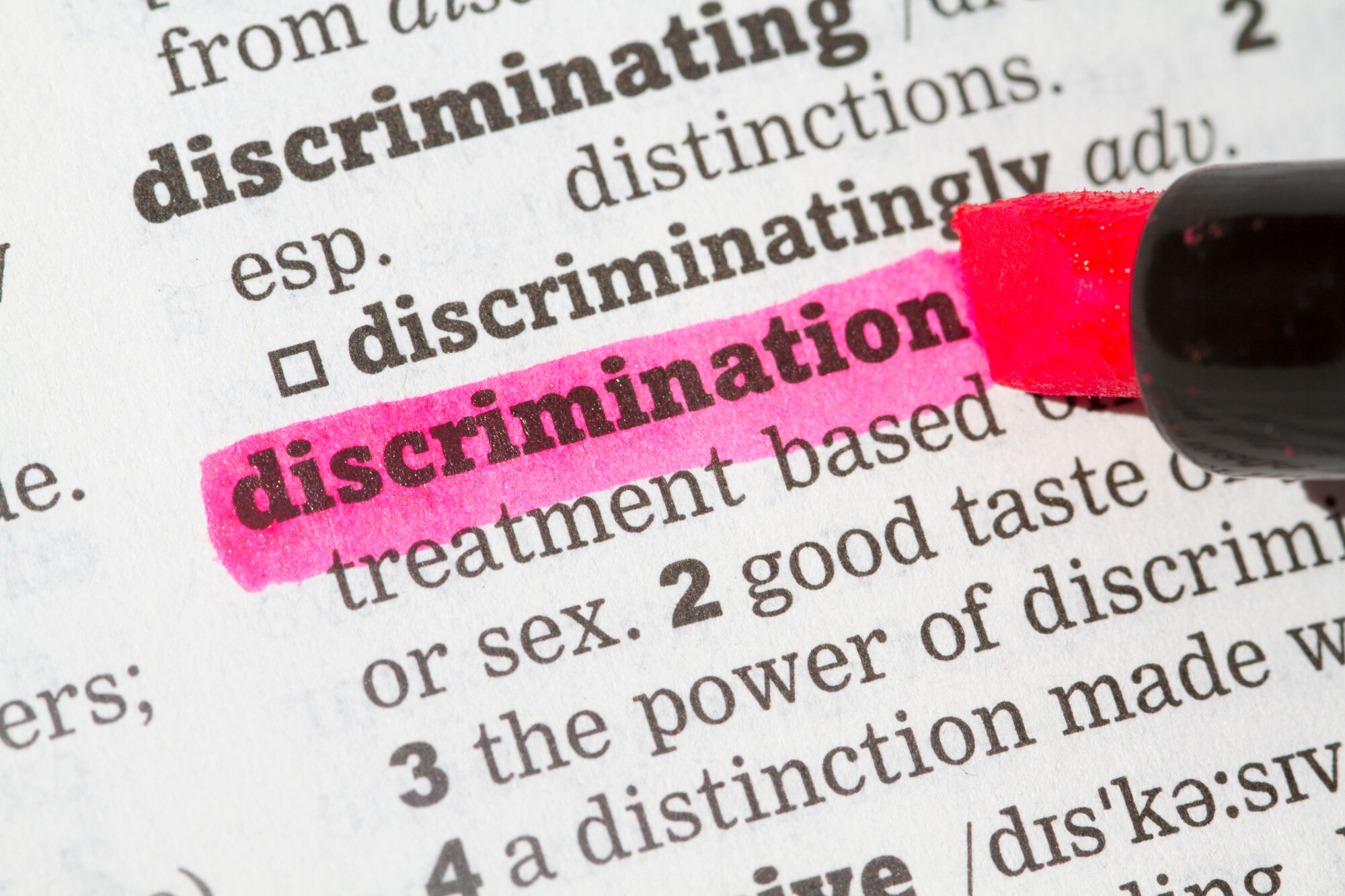
Michigan Labor & Employment Law Blog
 This blog has since been updated since its original publication in March 2023.
This blog has since been updated since its original publication in March 2023.
On March 16, 2023, Governor Whitmer signed into law a series of amendments to the state’s Elliott-Larsen Civil Rights Act[1], that added “sexual orientation, gender identity or expression” to the law’s list of prohibited discriminatory practices.[2]
The Elliott-Larsen Act, originally passed in 1977, currently prohibits discrimination in employment, housing, public accommodations, public services and access to educational facilities, based on “religion, race, color, national origin, age, sex, height, weight, familial status, or marital status”[3]. The law also restricts employers from making employment decisions based on “pregnancy, childbirth, or a related medical condition”[4].
The Amendments also include definitions of the new categories. “Sexual orientation” is defined as “having an orientation for heterosexuality, homosexuality, or bisexuality or having a history of such an orientation or being identified with such an orientation”, and “gender identity or expression” means “having or being perceived as having a gender-related self-identity or expression whether or not associated with an individual's assigned sex at birth”[5]. The Amendments do not change any of the powers of the Michigan Civil Rights Commission to investigate claims of Elliott-Larsen Act violations, or to enforce violations of the statute through the issuance of orders, penalties and awards of damages. The rights of individuals to pursue civil actions seeking injunctive relief or damages are also not affected.
During debate on Senate Bill 4, some opponents claimed that the amendments were not needed, due to a 2022 Michigan Supreme Court decision in Rouch World, LLC v Michigan Department of Civil Rights, et al.,[6] which held that discrimination based on sexual orientation qualifies as discrimination “because of sex” under Elliott-Larsen. The Rouch case also included a claim of gender discrimination, which a lower court decided was covered by Elliott-Larsen, but the gender discrimination ruling was not appealed to the Supreme Court. Despite those arguments, a significant bi-partisan majority of senators voted for the Amendments.
Employers, businesses offering public accommodations, educational institutions and other organizations covered by Elliott-Larsen should make certain they have policies and procedures in place to eliminate or minimize the possibility of claims under the new categories. Similarly, employers and others should implement training of their employees to assure they are aware of the new categories.
We will monitor the new Amendments and update you on future developments. If you have any questions in the meantime, please contact your Foster Swift attorney.
[1] Elliott-Larsen Act, Section 102.
[2] Elliott-Larsen Act, Section 202.
[3] Senate Bill 0004, Section 103(f) and (k).
[4] Rouch World, LLC v Michigan Department of Civil Rights, et al., Docket No. 162482, available at https://www.courts.michigan.gov/4b0379/siteassets/case-documents/uploads/opinions/final/sct/162482_58_01.pdf.
- Associate
Anthony (Tony) Dalimonte’s practice focuses on (1) defending employers in employment litigation, (2) counseling employers on best practices, and (3) handling general and business-related litigation.
As part of the firm’s ...

